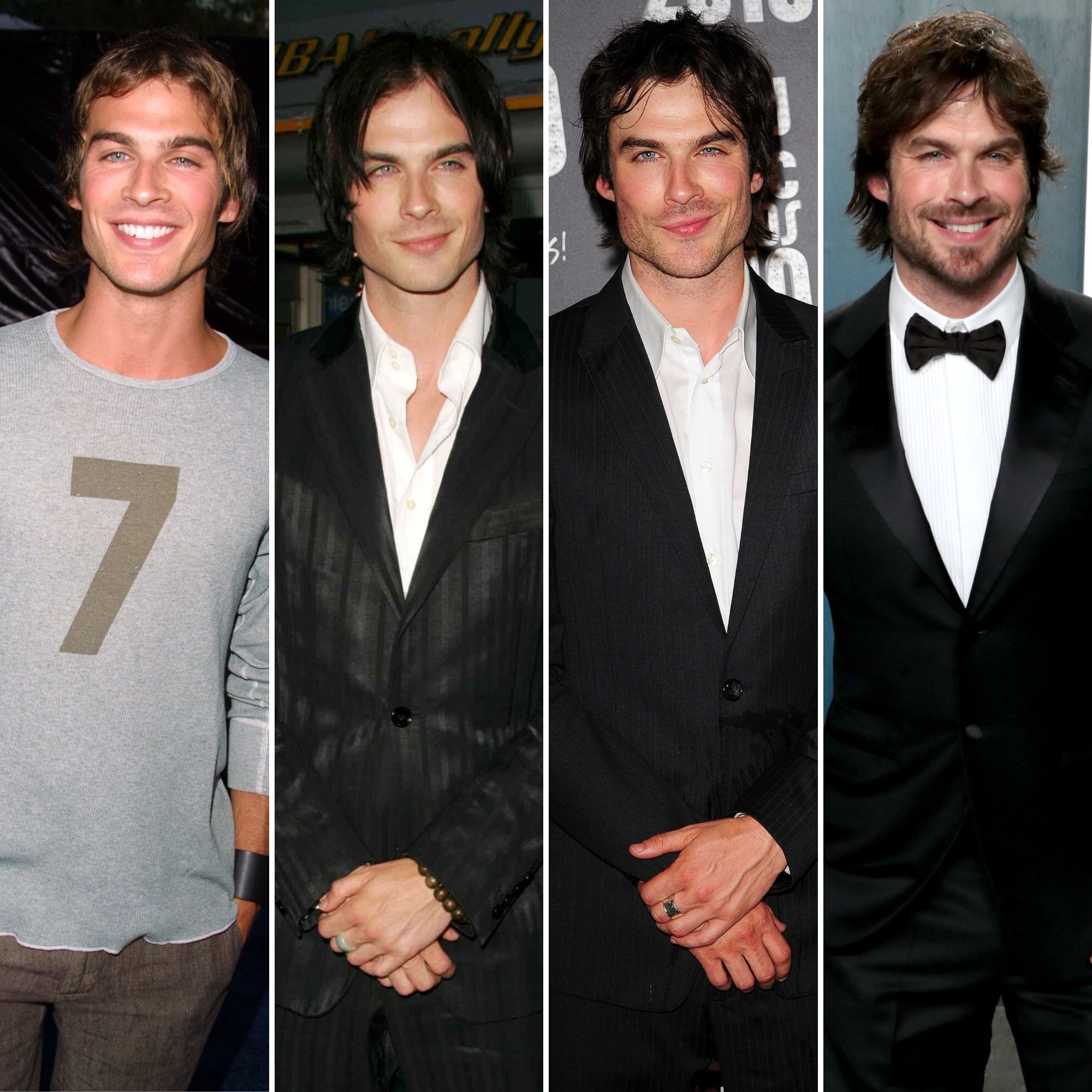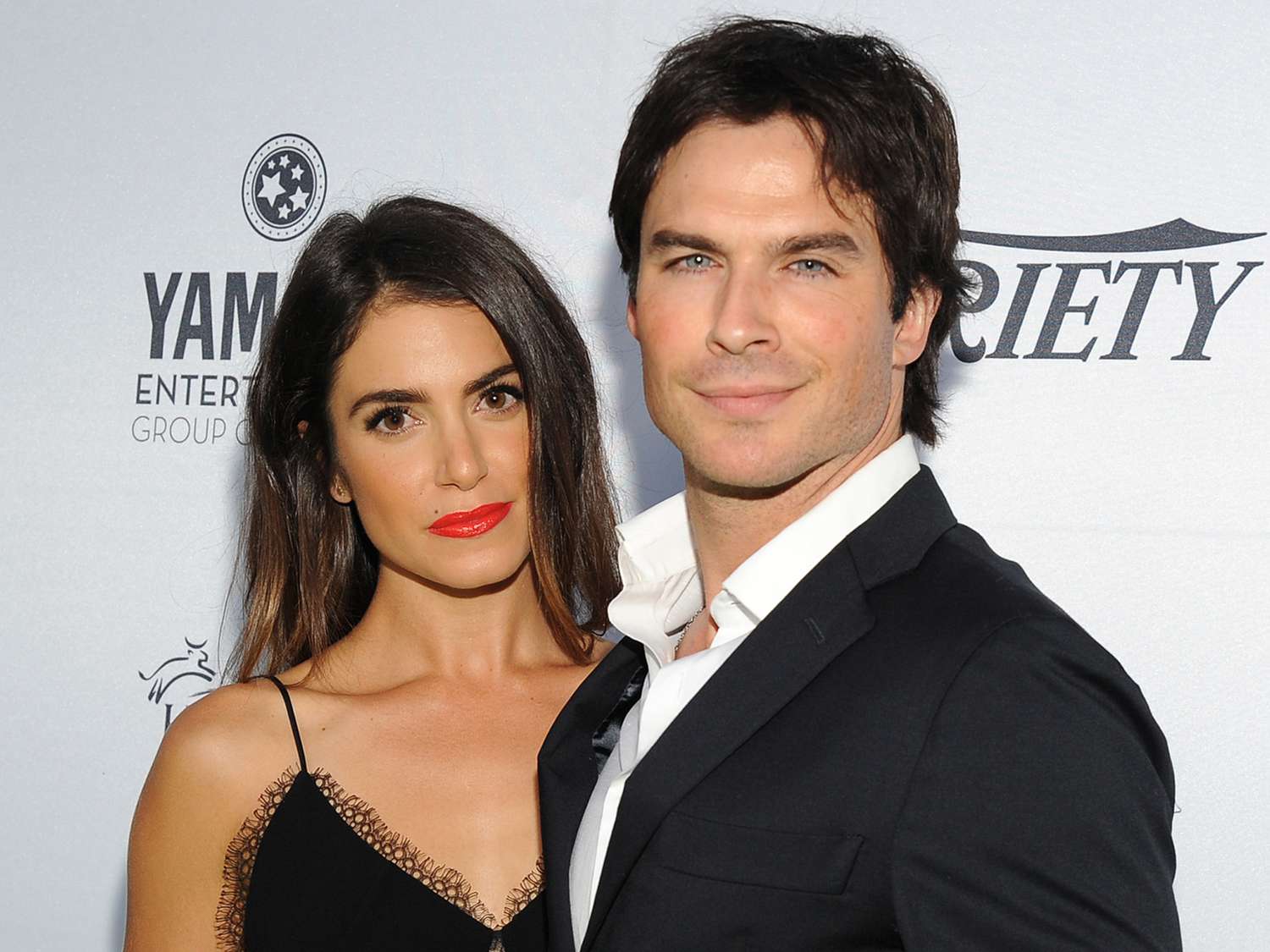Step back in time with us, if you will, to the early 1970s, a period when theatre was, quite frankly, buzzing with fresh energy and bold ideas. It was during this rather exciting era that a particular stage production took London by storm, leaving a lasting impression on audiences and critics alike. We're talking, of course, about Ian McKellen's portrayal of Hamlet in 1971, a performance that, you know, truly redefined how many people saw Shakespeare's most famous tragic figure.
This was more than just another staging of a classic play; it was, in a way, a moment that showcased the immense talent of a rising star who would soon become one of the most respected actors of his generation. McKellen's take on the melancholy Dane was, apparently, both deeply personal and incredibly powerful, resonating with a younger audience while still captivating those who cherished traditional interpretations. It really was something special.
Join us as we take a closer look at what made this particular production of ian mckellen hamlet 1971 so memorable. We'll explore the context of the time, the unique approach taken by the Prospect Theatre Company, and, you know, the enduring impact of McKellen's performance on the world of theatre. It's a story that, arguably, still holds lessons for actors and theatre lovers today.
- Morgan Freeman Tommy Lee Jones
- Johnny Depp House
- Denzel Washington Diddy
- Ryan Reynolds Ken
- Matthew Mcconaughey Kevin Spacey Movie
Table of Contents
- Ian McKellen: A Brief Biography
- The Theatrical Landscape of 1971
- The Prospect Theatre Company and Its Vision
- McKellen's Hamlet: An Unforgettable Portrayal
- Critical Reception and Audience Impact
- The Lasting Legacy of 1971
- Frequently Asked Questions about Ian McKellen Hamlet 1971
- Conclusion
Ian McKellen: A Brief Biography
Before we get into the specifics of his iconic Hamlet, it's worth taking a moment to appreciate the man himself, Ian McKellen. He's, quite simply, a titan of the stage and screen, with a career that spans decades and includes some truly unforgettable performances. Born in Burnley, Lancashire, in 1939, McKellen's early life was, in a way, shaped by the onset of World War II, which, you know, certainly added a unique perspective to his formative years.
He developed a deep affection for theatre from a young age, often visiting the local Bolton Little Theatre with his family. This early exposure, it seems, planted the seeds for what would become an extraordinary acting career. After studying English at St Catharine's College, Cambridge, he quickly made his way into professional theatre, gaining a reputation for his powerful stage presence and ability to breathe new life into classical roles. By 1971, he was already, apparently, a respected figure in British theatre, but his Hamlet was about to elevate him even further.
Personal Details & Bio Data of Ian McKellen
| Full Name | Ian Murray McKellen |
| Born | May 25, 1939 |
| Birthplace | Burnley, Lancashire, England |
| Nationality | British |
| Occupation | Actor |
| Years Active | 1961–present |
| Key Roles (Pre-1971) | Richard II, Edward II, various classical theatre roles |
The Theatrical Landscape of 1971
To truly appreciate the impact of ian mckellen hamlet 1971, it helps to understand the theatre world of that time. The late 1960s and early 1970s were, in some respects, a period of significant change and experimentation in British theatre. There was a palpable desire to move away from overly formal or stuffy productions, to, you know, make classical plays feel more immediate and relevant to contemporary audiences.
- Woody Harrelson Oscar Wins
- Jeff Bridges Kids
- Jk Simmons Commercial
- Patrick Stewart Dumbledore
- Clint Eastwood Biography Book
New voices were emerging, and established companies were looking for fresh approaches to familiar texts. Directors and actors were, apparently, keen to strip away some of the traditional trappings and get to the raw emotional core of the plays. This atmosphere of innovation provided a fertile ground for a production like McKellen's Hamlet, which, in a way, sought to speak directly to the concerns and anxieties of its time. It was, basically, a very exciting time for stage work.
The National Theatre and the Royal Shakespeare Company were, of course, dominant forces, but smaller, more adventurous companies were also making their mark. These groups often took risks, offering audiences something a little different, something that, you know, challenged their expectations. This spirit of exploration was, arguably, a key ingredient in the success of the 1971 Hamlet.
The Prospect Theatre Company and Its Vision
The 1971 Hamlet was brought to life by the Prospect Theatre Company, a group known for its innovative and accessible approach to classical drama. Founded in 1961, Prospect had, by the early 70s, established a solid reputation for staging high-quality productions, often touring them to reach a wider audience beyond London's West End. Their goal was, in a way, to bring Shakespeare and other classic playwrights to people who might not typically frequent the theatre.
Under the direction of Robert Chetwyn, the company aimed to present Shakespeare with clarity and emotional honesty, often with minimal sets and costumes that allowed the acting and the text to shine through. This stripped-back approach was, you know, quite revolutionary for its time, and it perfectly suited the kind of raw, intense performance that McKellen was capable of delivering. They were, basically, all about getting to the heart of the story.
Chetwyn's vision for Hamlet was, apparently, to create a production that felt immediate and personal, rather than grand and distant. He wanted to emphasize the psychological aspects of the play, exploring Hamlet's inner turmoil in a way that audiences could, you know, really connect with. This collaborative spirit between director and actor was, arguably, a significant factor in making ian mckellen hamlet 1971 such a memorable event.
McKellen's Hamlet: An Unforgettable Portrayal
When Ian McKellen took to the stage as Hamlet in 1971, he presented a character that was, in some respects, unlike many interpretations seen before. His Hamlet was not, you know, simply a noble prince burdened by duty; he was a young man grappling with profound grief, confusion, and a very real sense of betrayal. McKellen brought a vulnerability and an intense emotional honesty to the role that, apparently, captivated audiences from the very first moment.
Critics and theatregoers alike were struck by his youthful energy combined with a deep, unsettling melancholy. He conveyed Hamlet's intellectual prowess, his wit, and his despair with a remarkable clarity that, you know, made the complex character feel incredibly human and relatable. It was, basically, a performance that got right inside Hamlet's head.
McKellen's Hamlet was, in a way, a prince who could be both charming and cruel, indecisive and fiercely determined. This multifaceted portrayal allowed the audience to see Hamlet not just as a tragic hero, but as a flawed, struggling individual, making his journey all the more poignant. It was, arguably, a very brave and honest performance.
A Hamlet for the Times
One of the reasons ian mckellen hamlet 1971 resonated so deeply was its ability to speak to the anxieties of the early 1970s. The production, it seems, reflected a sense of disillusionment and questioning of authority that was prevalent in society at the time. McKellen's Hamlet, with his existential angst and his struggle against a corrupt system, felt, you know, remarkably contemporary.
He wasn't a remote, historical figure; he was, apparently, a young man grappling with moral dilemmas that felt very much alive. This sense of immediacy made the play feel less like a classic text and more like a commentary on the present. It was, in a way, Shakespeare for a new generation, stripped of unnecessary pomp and focused on raw emotion.
The simplicity of the staging also contributed to this feeling of directness. Without elaborate sets to distract, the audience was, you know, forced to focus on the language and the performances, allowing the play's timeless themes to shine through with renewed power. It was, basically, a very clever way to present the play.
The Staging and Atmosphere
The Prospect Theatre Company's production of Hamlet in 1971 was, apparently, known for its minimalist yet highly effective staging. Robert Chetwyn's direction emphasized clarity and a focus on the actors, allowing the power of Shakespeare's words and McKellen's performance to take center stage. The set was, in a way, often stark, perhaps featuring just a few key pieces that could be easily reconfigured for different scenes.
This simplicity created an intimate atmosphere, drawing the audience closer to Hamlet's inner world. There were no grand illusions or distracting spectacles; the focus was, you know, purely on the human drama unfolding. This approach, which might seem common today, was, arguably, quite bold for its time, and it allowed the emotional intensity of the play to build without interruption.
Lighting and sound were used subtly but powerfully to evoke mood and setting, rather than to literally depict them. This created a sense of timelessness, allowing the audience to project their own understanding onto the scene. It was, basically, a very intelligent use of theatrical elements to support the narrative.
Key Moments and Interpretations
Several moments in ian mckellen hamlet 1971 stood out for their unique interpretation and McKellen's powerful delivery. His famous "To be or not to be" soliloquy, for instance, was, apparently, delivered with a quiet intensity, making it feel less like a grand philosophical statement and more like a deeply personal, almost whispered, contemplation of suicide. This made it, you know, incredibly chilling and relatable.
His interactions with Ophelia were, in a way, particularly poignant, showing a Hamlet torn between his affection for her and his desperate need to push her away. The raw emotion in these scenes left a lasting impression on many. The play-within-a-play sequence, too, was, apparently, handled with a sharp, almost manic energy, highlighting Hamlet's cunning and his descent into a calculated madness.
McKellen's Hamlet also brought a fierce intelligence to his confrontations with Claudius and Polonius, using his wit as a weapon. These moments were, you know, often filled with a nervous energy, keeping the audience on the edge of their seats. It was, basically, a very dynamic and compelling portrayal from start to finish.
Critical Reception and Audience Impact
The critical response to ian mckellen hamlet 1971 was, by and large, overwhelmingly positive. Reviewers praised McKellen's magnetic performance, often highlighting his ability to bring a fresh, contemporary feel to the classic role. Many critics noted how he managed to make Hamlet feel both deeply human and profoundly troubled, striking a balance that, you know, had rarely been seen before.
Audiences, too, responded with immense enthusiasm. The production played to packed houses and quickly became a talking point in London's theatre circles. People were, apparently, drawn to the raw emotion and intellectual rigor of the performance, finding it both moving and thought-provoking. It was, in a way, a Hamlet that truly spoke to its generation.
The success of the 1971 Hamlet cemented McKellen's status as a leading actor of his time, capable of tackling the most demanding classical roles with remarkable skill. It also, you know, showcased the power of the Prospect Theatre Company's approach to Shakespeare, proving that a minimalist staging could be just as, if not more, impactful than elaborate productions. For more on how critics reviewed this period of theatre, you might find this external resource interesting: The Guardian's Theatre Section.
The Lasting Legacy of 1971
Even decades later, ian mckellen hamlet 1971 remains a significant benchmark in the history of Shakespearean performance. Its influence can, in a way, be seen in subsequent interpretations of Hamlet, with many actors and directors drawing inspiration from McKellen's raw, psychological approach. It showed that Hamlet didn't have to be a grand, distant figure, but could be, you know, someone deeply relatable and struggling with very human issues.
The production also contributed to a broader shift in how classical theatre was presented, encouraging a more direct and emotionally honest style. It proved that stripping away unnecessary spectacle could, apparently, actually enhance the power of the play, allowing the text and the performances to truly resonate. This minimalist trend, basically, continued to gain traction in the years that followed.
For Ian McKellen himself, this Hamlet was a pivotal moment in his career, solidifying his reputation as a formidable classical actor. It opened doors to further challenging roles and, you know, helped pave the way for his eventual global recognition. You can learn more about other iconic theatre performances on our site, and even link to this page for more on Shakespearean adaptations.
Frequently Asked Questions about Ian McKellen Hamlet 1971
1. Who directed Ian McKellen's Hamlet in 1971?
The director of the 1971 production of Hamlet starring Ian McKellen was, apparently, Robert Chetwyn. He was known for his clear and emotionally direct approach to classical plays, which, you know, really suited McKellen's acting style.
2. What made Ian McKellen's Hamlet interpretation unique?
McKellen's Hamlet was, in a way, notable for its intense psychological depth and emotional honesty. He portrayed Hamlet as a very human, vulnerable, and deeply troubled young man, rather than just a noble prince. This made his performance, you know, feel incredibly relatable and contemporary for the time.
3. Which theatre company staged the 1971 Ian McKellen Hamlet?
The production was staged by the Prospect Theatre Company. They were, basically, well-regarded for their innovative and accessible interpretations of classical drama, often touring their shows to reach wider audiences.
Conclusion
The ian mckellen hamlet 1971 production stands as a powerful reminder of how a classic play can be reinterpreted to speak to new generations. It was, in a way, a performance that combined intellectual rigor with raw emotional power, leaving an indelible mark on those who witnessed it. McKellen's Hamlet was, apparently, a testament to his incredible talent and the bold vision of the Prospect Theatre Company.
This particular Hamlet, with its stripped-back staging and intense focus on character, helped redefine what a Shakespearean performance could be. It showed that the enduring themes of grief, betrayal, and existential questioning are, you know, truly timeless. It remains a significant moment in theatre history, and its echoes can still be felt in productions today. So, what are your thoughts on this landmark performance? We'd love to hear them.
Related Resources:



Detail Author:
- Name : Franco White
- Username : faustino.hagenes
- Email : lilla22@hotmail.com
- Birthdate : 1997-06-06
- Address : 173 Jenkins Centers Apt. 894 North Theodorestad, ND 62587-6617
- Phone : 857.338.1012
- Company : Kulas-Dietrich
- Job : Soil Scientist
- Bio : Rerum libero sit veritatis et minima. Recusandae ipsa voluptatibus sint aliquam iusto est repellendus maiores. Et et eos consequatur dolores quia.
Socials
facebook:
- url : https://facebook.com/amiller
- username : amiller
- bio : Impedit voluptatem est libero labore. Eum et non quam velit minima voluptates.
- followers : 3441
- following : 1401
twitter:
- url : https://twitter.com/adrianna_miller
- username : adrianna_miller
- bio : Qui quo qui dolor esse. Illo aperiam quia aut. Voluptates ut officia culpa vitae nihil.
- followers : 1642
- following : 1852